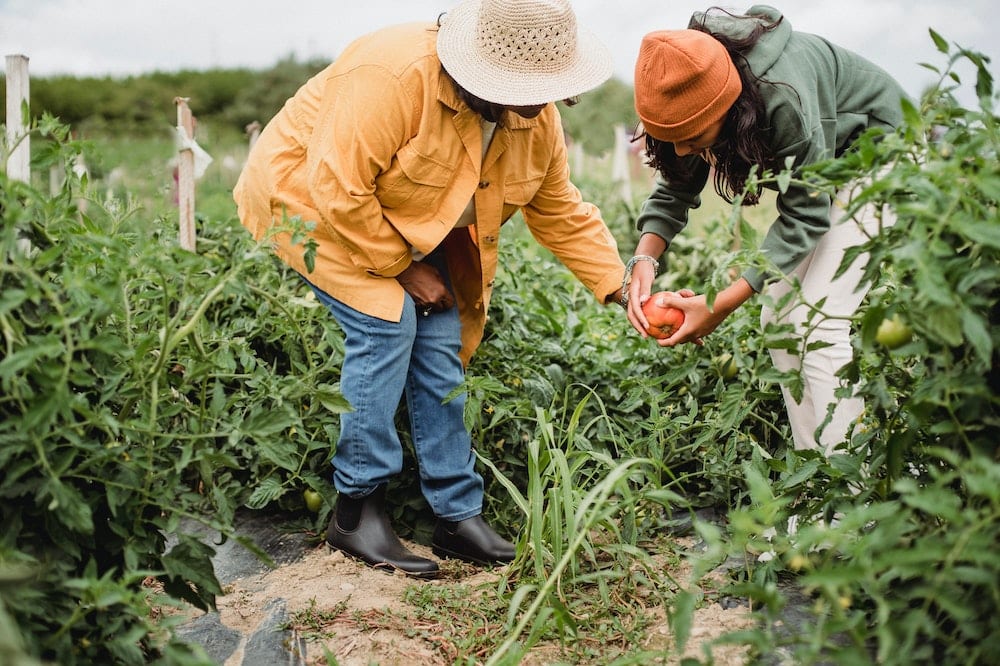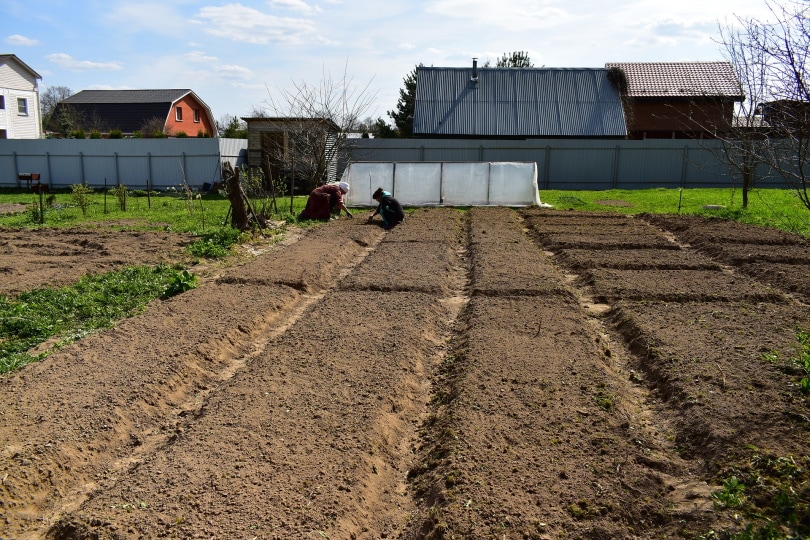What Is a Local Extension Office? Pros, Cons, & FAQ
-
Melissa Gunter
- Last updated:

Whether you’re an avid gardener, new to the game, or a landowner with questions about the vegetation and insects on your property you’ve most likely conducted an internet search with your questions. When doing this, have you seen the phrase, “contact your local Extension Office for assistance”? If so, you aren’t alone. It’s quite common to see talk of an Extension Office when researching your soil, local plant life, or other questions you may have about your area. What is a local Extension Office, though?
In most cases, your local Extension Office is run by local universities, their staff, and volunteers. This program is also known as the Cooperative Extension Program and is sponsored by our own US Department of Agriculture, local governments, and as we mentioned, universities. Let’s learn more about your local Extension Office, what it can do for you, and why they are so important.
How Does It Work?
The Cooperative Extension Program dates back to the 1800s. It was created to expand the partnership created between the United States Department of Agriculture and universities to provide farmers with the resources they needed locally to better their crops and understand their area. Over the years, however, the program has grown quite a bit. It is no longer simply dedicated to agriculture and helping identify local plants and animals. Local offices now help identify plant diseases, offer information on crops raised in the area, provide nutritional information, and aid with energy conservation and natural resource management.

When reaching out to your local office you will discover there are many ways they can assist you with questions. Most Extension Offices have online resources they can suggest you look at and research to help answer any questions you have. They also host events, provide informational materials in the office or around your town, and in some instances may come out to perform soil tests or help with plant identification when needed. Local Extension Offices are great sources of information for gardeners and farmers as they can lead you down the path of understanding your Hardiness Zone, which plants grow best in your area, and even recommend the types of fertilizers and herbicides that work best in your area due to the climate and other factors.
What Are the Different Types of Local Extension Offices?
While most communities only have 1 local extension office, there are other programs under the umbrella of the Cooperative Extension Program that can be quite beneficial to people in your area. The most popular among these programs, and the ones people hear about most, are the Extension Master Gardener program and the 4-H Program. Let’s learn a bit about both below so you can better understand a few of the resources your local Extension Office provides.

Master Gardener
The Extension Master Gardener (EMG) program was started in Washington state by Dr. David Gibby in 1972. He trained those in his area with a passion for gardening and horticulture to help others who had questions or needs. Since its beginnings, the program has become internationally recognized. This Extension program can be found in all 50 states and is often the first you’ll come into contact with when reaching out to your local Extension Office. Their goal is to provide the public with the answers they need to important questions about specific plants, pests, and other gardening or horticulture-related topics.
4-H
Possibly one of the most popular Extension programs is 4-H. This program is designed for kids and young people and strives to introduce a sense of community while they are still growing. It helps children learn more about their environment, their health, how to be an active part of their community, and how to be leaders in the world around them. Like the EMG, the 4-H program is all around the United States and can be found in all 50 states with millions of children being part of the program.

Where Is It Used?
Local Extension Offices can be found in every state in the US. Most cities have a local office or point of contact to provide help to those in the area. For those unaware of how to contact their local office, reaching out to your local government offices or doing a quick search online should guide you. Normally, if an office is not located near you, there is a number to reach a member of the Extension Office who is versed in your local needs and questions.
Advantages of a Local Extension Office
The advantages of a Local Extension office are immense. Here’s a list of services often provided by these county offices. Keep in mind that these may vary from state to state.
- Identifying grass and weeds local in your area
- Diagnosing and identifying tree disease
- Identifying pests
- Testing soil
- Suggesting proper fertilizers, etc., for your area
- Testing water for contaminants
- Recommending which plants, flowers, and vegetables do best in your area
- Weed remedy help
- Questions regarding gardens, farms, and other vegetation
- Information on your local area
- Programs for others such as 4-H and EMG

Disadvantages of a Local Extension Office
Honestly, when it comes to the disadvantages of having a local Extension Office, there are none. These programs are designed to benefit locals in various ways and can contribute to the betterment of your local community when utilized properly.
Frequently Asked Questions
How do I contact my local Extension Office?
By contacting your local government office (courthouse, etc.,) you can easily get the information needed to contact your office locally. You can also search online to receive the phone numbers or emails of who to reach out for information.
Does my local Extension Office charge?
In most situations, you will find that your local office does not charge for answering your questions or providing information. However, when it comes to soil tests and diagnostic measures, they may charge a fee that goes back into the program to assist others.

What if my county doesn’t have a local Extension Office?
Your specific county may not have a brick-and-mortar Extension Office for you to visit. That doesn’t mean you’re out of options. This program works with all states and most likely, a larger city near you has an office that cares for your community. Local government employees can steer you in the right direction by contacting the office in charge of your area. They could also have the information you’re looking for on hand as a way of working with the Cooperative Extension Program and handling the needs of their community.
Conclusion
As you can see, your local Extension Office is the “root” of all things agricultural in your area. These government services are designed to help anyone, of any age, to learn more about their local habitat including plants, vegetables, flowers, and even wildlife. Over the years, the Cooperative Extension Program has grown and blossomed to make the world around us safer and more productive. If you are someone with a green thumb, or a novice who is interested in learning more about local plant life and how you can make changes, this office is something you should definitely familiarize yourself with. They can give you the pointers you need to truly grow in the area, whether it’s simply a hobby or your new passion.
Featured Image Credit; SeventyFour, Shutterstock
Contents
